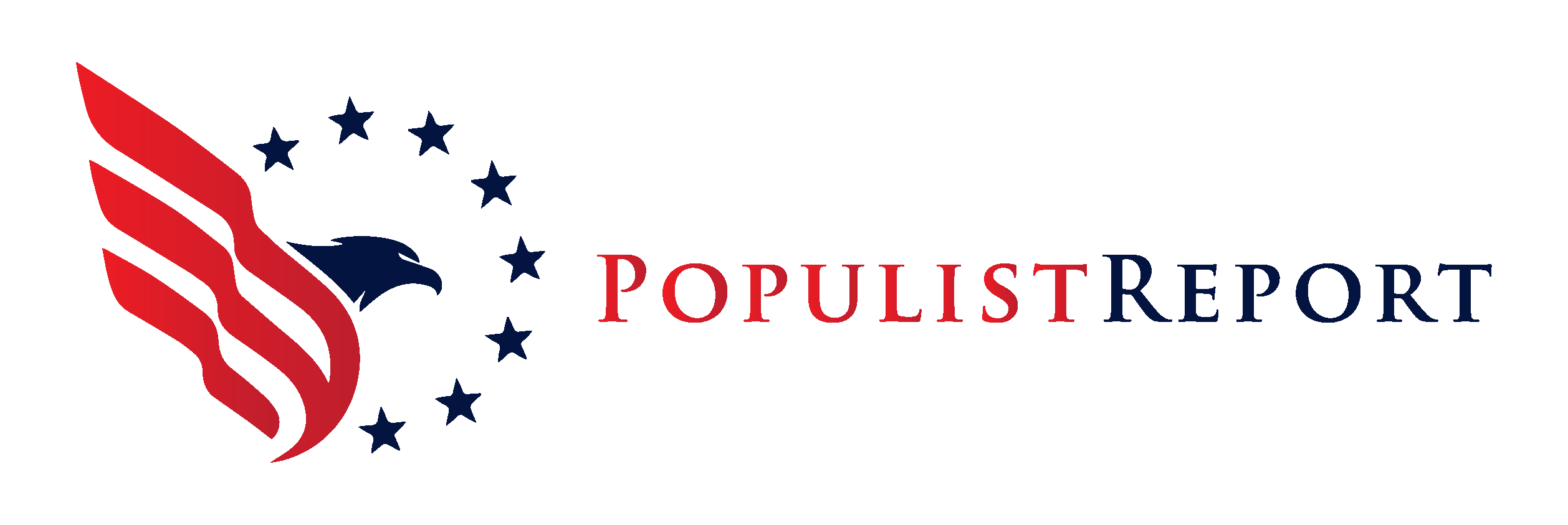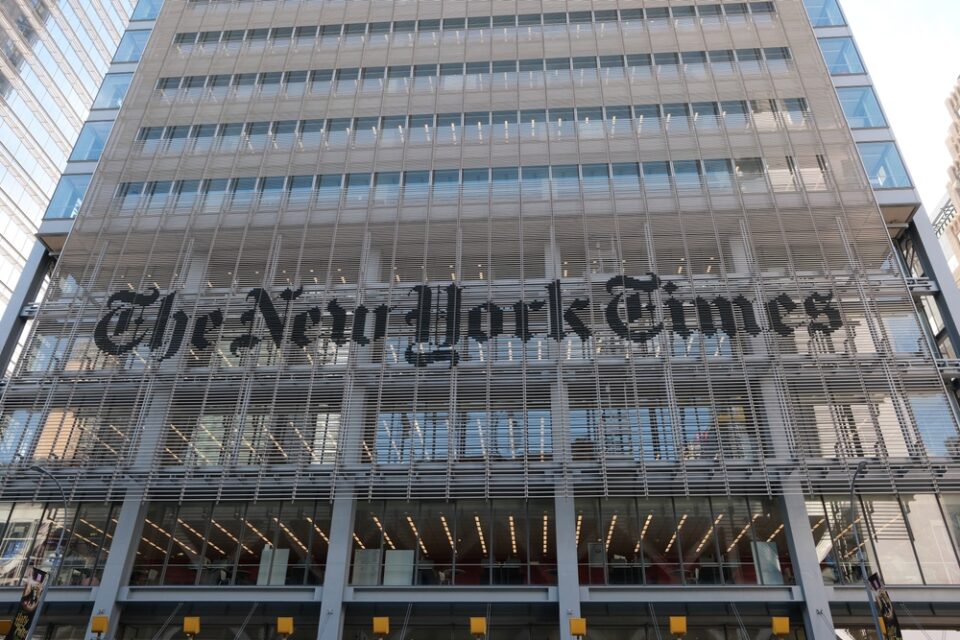A recent article from The New York Times has ignited fierce backlash over its decision to label biological women as “non-transgender women,” a phrase that has drawn criticism from sports legends, media figures, and conservative lawmakers alike. Tennis icon Martina Navratilova, never one to shy away from controversy, took to social media to slam the publication’s language choice. The uproar highlights a broader cultural clash over how language is being weaponized in the ongoing debates about gender, identity, and fairness in sports.
Navratilova, a vocal advocate for maintaining the integrity of women’s sports, didn’t sugarcoat her frustration. She argued that redefining biological women under such convoluted terms not only erases their identity but also undermines their contributions to female athletics. Her comments came as The Times published a piece exploring the chaos engulfing the San Jose State University Spartans women’s volleyball team. The team is caught in a legal and social firestorm over whether a transgender athlete should be allowed to compete, raising thorny questions about equity and fairness.
At the center of the controversy is a lawsuit filed by a senior co-captain of the Spartans and an assistant coach, both seeking to block the transgender player from participating in an upcoming tournament. They argue the inclusion violates Title IX, a law designed to ensure gender equity in federally funded institutions. Their case has garnered the support of ten additional female players from rival teams, all of whom share concerns over competitive fairness. According to The Times, the issue has splintered the team, leaving some players and coaches refusing to speak to one another—a glaring sign of how divisive this debate has become.
The language in the article, penned by Times reporter Juliet Macur, has only added fuel to the fire. Referring to biological women as “non-transgender women” and “athletes assigned female at birth,” Macur waded into the ideological minefield. Critics were quick to point out that such terminology diminishes the identity of biological women while accommodating transgender ideologies. Adding to the controversy, the piece cited NCAA guidelines that permit transgender athletes to compete if their testosterone levels are below 10 nanomoles per liter—a level far above what is typical for biological women but squarely within the range for adult males. This inconsistency has led many to question the fairness of these policies and their implications for women’s sports.
British Olympian Sharron Davies joined the chorus of critics, denouncing the terminology as a direct assault on women’s rights and protections. She argued that the issue extends beyond sports, framing it as a broader battle for safeguarding female identity and opportunities in an increasingly hostile cultural climate. For Davies, Navratilova, and others, this isn’t just about one volleyball team or one article—it’s a fight for the foundational respect and recognition women deserve. As the debate over gender and fairness continues to escalate, this incident serves as a flashpoint in the ongoing cultural tug-of-war, one unlikely to be resolved anytime soon.

